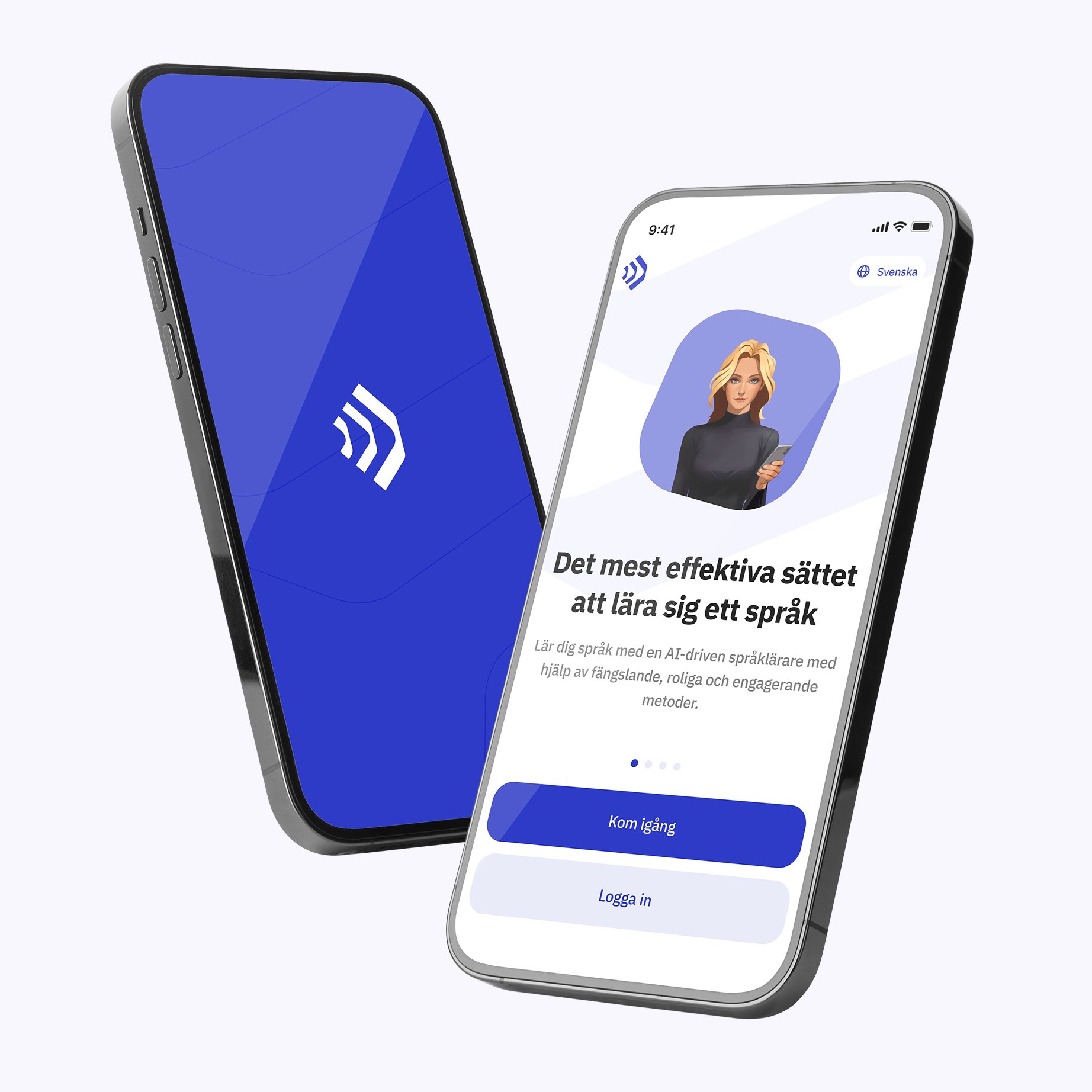Övningarna innehåller meningar där eleverna ska fylla i rätt form av verbet för att komplett meningarna. Det är viktigt att kunna välja rätt tempus baserat på sammanhanget och avsikten med meningarna. Genom att göra dessa övningar kommer eleverna stärka sin förmåga att kommunicera på engelska och uttrycka sig mer exakt när det handlar om framtida händelser.
Övning 1: Will-Future
I *will* (auxiliary) call you as soon as I arrive.
She *will* (auxiliary) not be able to attend the meeting tomorrow.
*Will* (auxiliary) we be meeting at the usual time next week?
He *will* (auxiliary) have finished the project by Friday.
By 2030, experts predict that technology *will* (auxiliary) change the way we live.
*Will* (auxiliary) you help me with my homework later?
They *won’t* (auxiliary) go on vacation this summer.
*Will* (auxiliary) there be enough food for everyone at the party?
Don’t worry, I *will* (auxiliary) take care of everything.
It *will* (auxiliary) probably rain tomorrow, according to the forecast.
I promise, I *will* (auxiliary) not tell anyone your secret.
Next year, they *will* (auxiliary) start building the new bridge.
I have a feeling that the exam *will* (auxiliary) be difficult.
*Will* (auxiliary) she accept his marriage proposal?
They *won’t* (auxiliary) mind if we arrive a bit late.
Övning 2: Going to-future och Present Continuous för framtid
I think it’s going to *rain* (verb) tomorrow.
We *are going to* (auxiliary + verb) visit our grandparents next weekend.
She *is meeting* (present continuous) her friend at the cafe at 3 PM.
They *are not going to* (auxiliary + negative + verb) buy a new car this year.
Look at those dark clouds! It *is going to* (auxiliary + verb) storm soon.
The conference *starts* (simple present) at 9 o’clock sharp tomorrow.
Next month, we *are flying* (present continuous) to Spain for vacation.
He *is not going to* (auxiliary + negative + verb) make it to the meeting on time.
Are you *going to* (auxiliary + verb) wear your new dress to the party?
The teacher said she *is going to* (auxiliary + verb) give us a pop quiz soon.
Don’t run; the bus *is going to* (auxiliary + verb) wait for you.
Our train *leaves* (simple present) at six in the morning.
They *are not meeting* (present continuous) us for dinner after all.
Just a moment, I *am going to* (auxiliary + verb) finish this email.
The show *begins* (simple present) at eight o’clock tonight.










